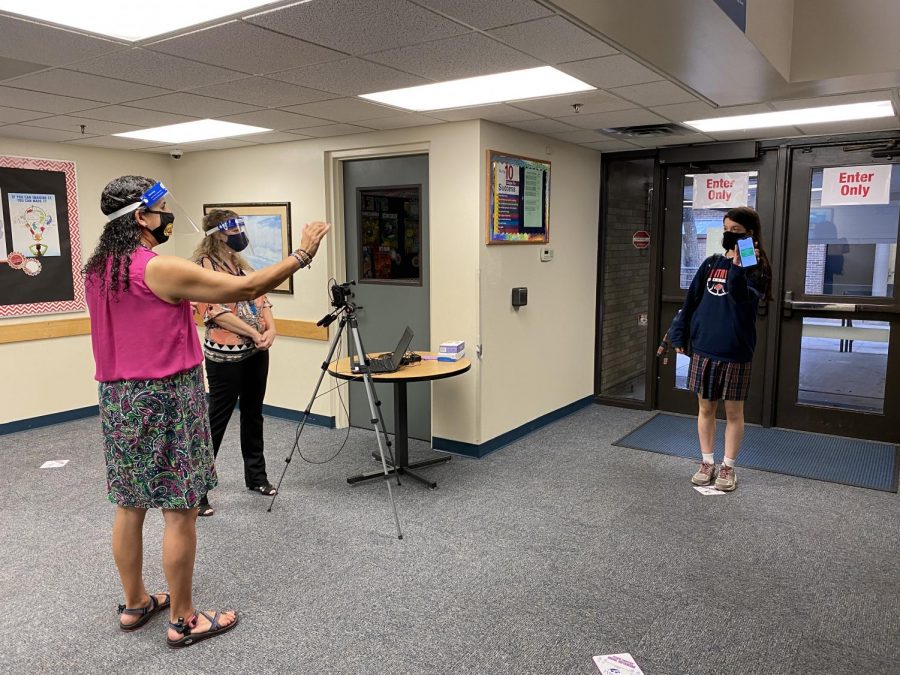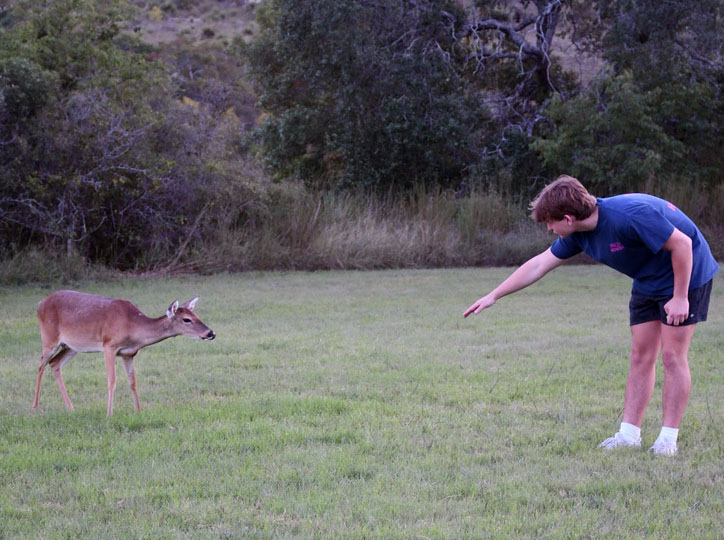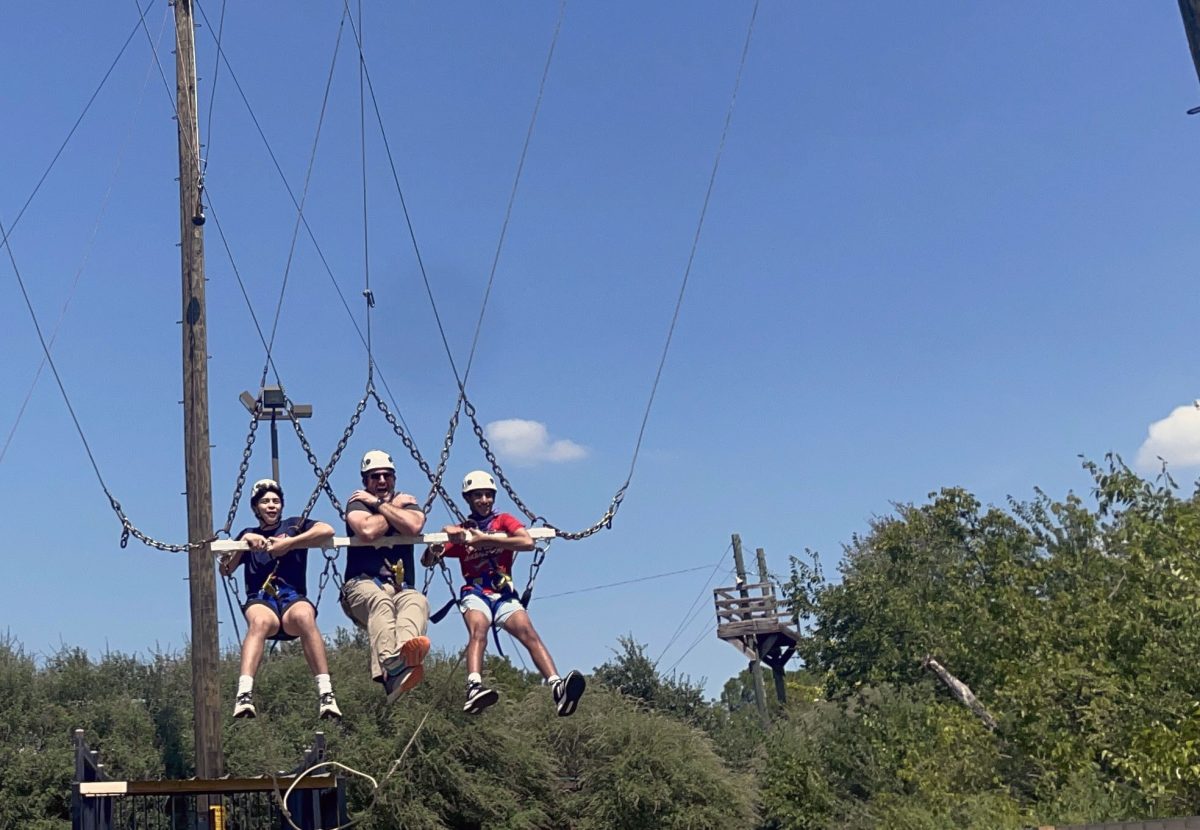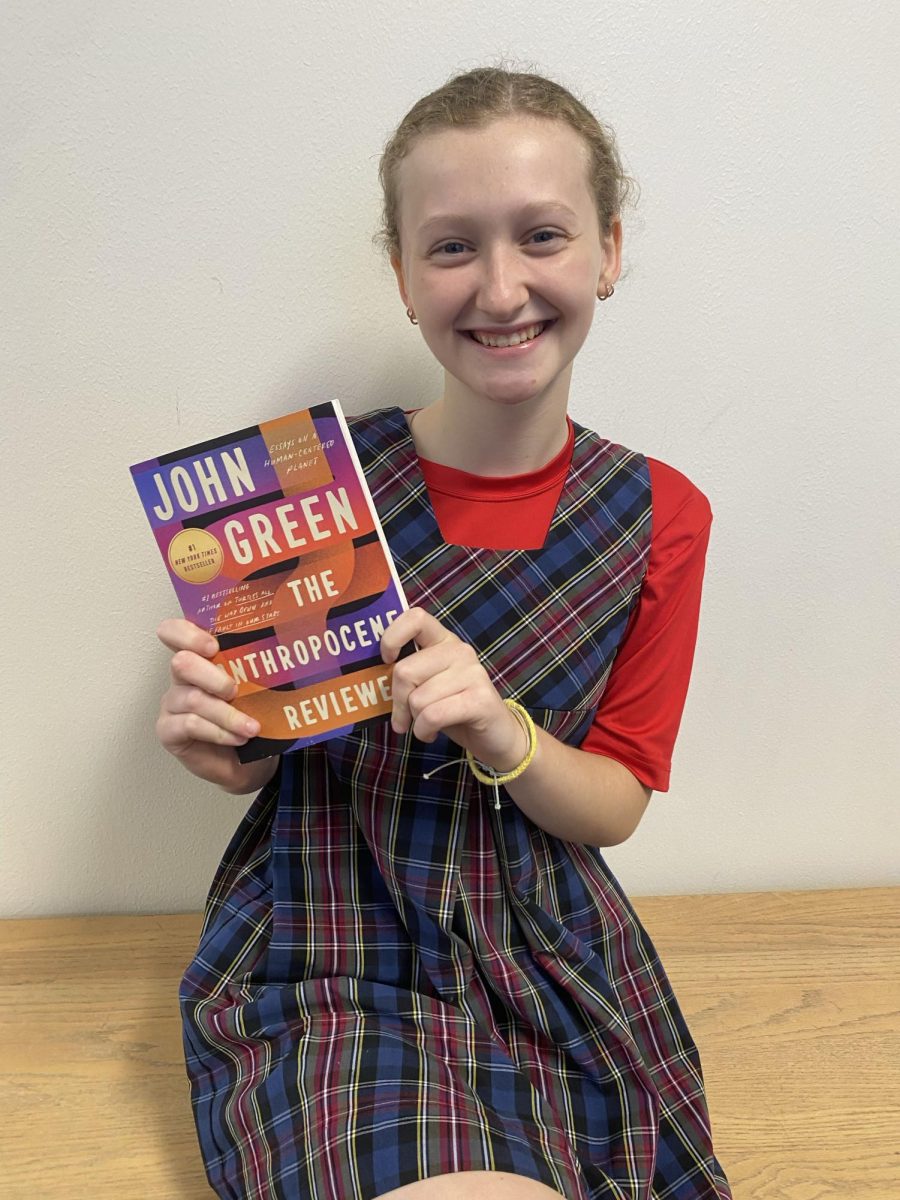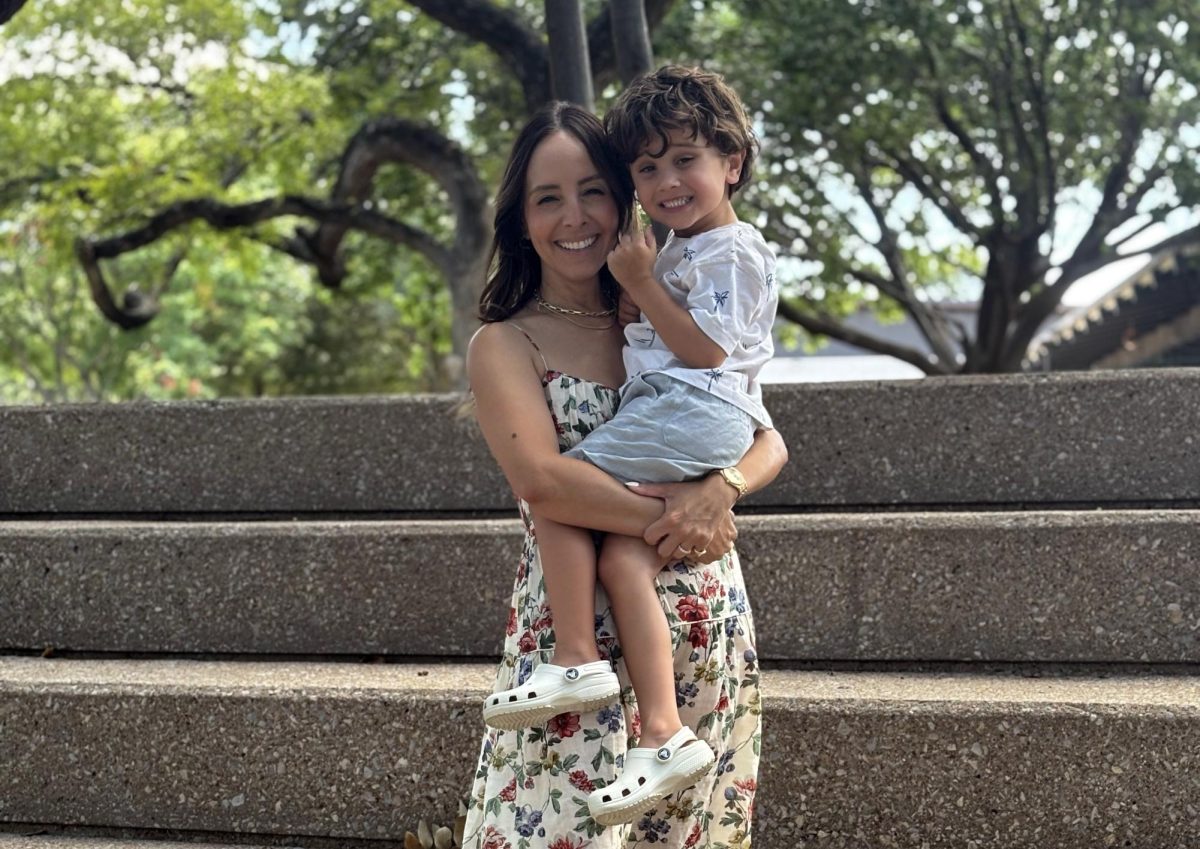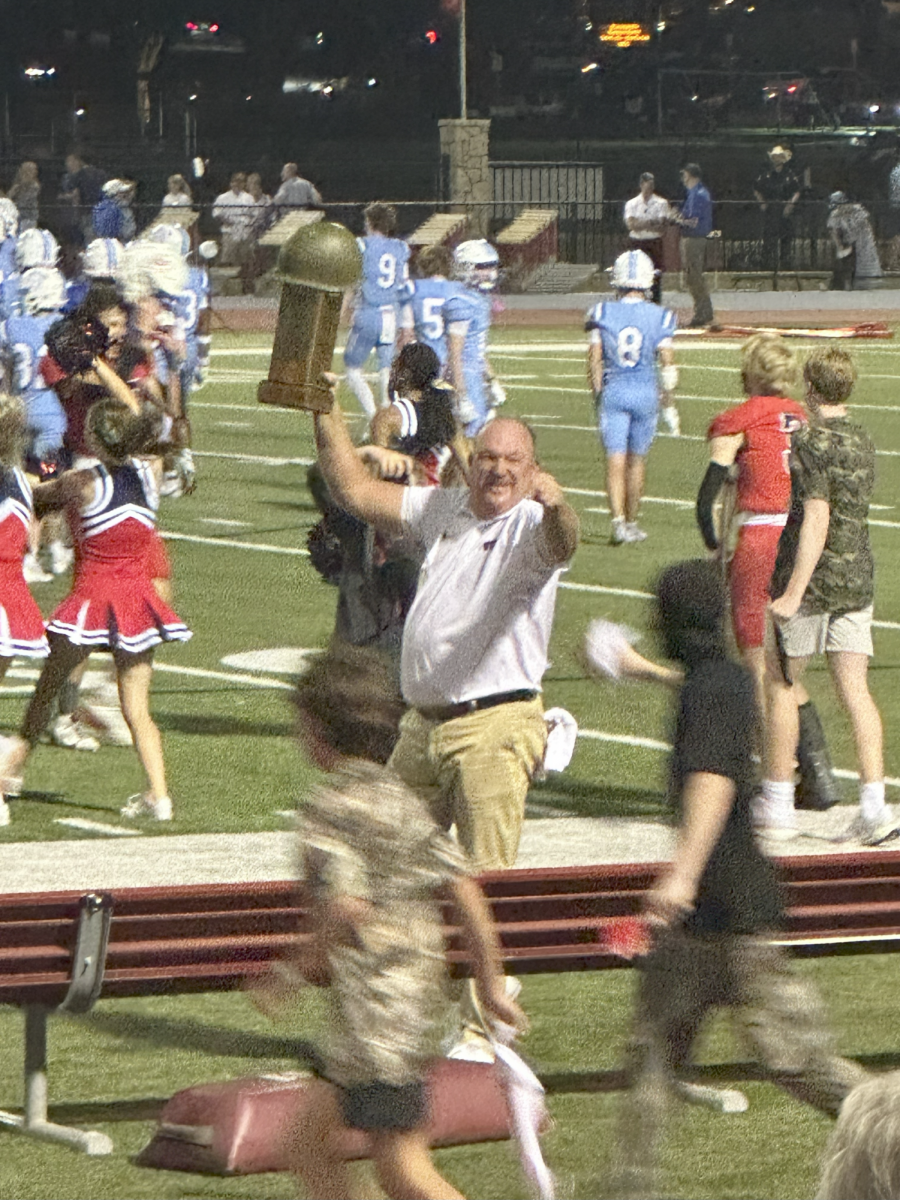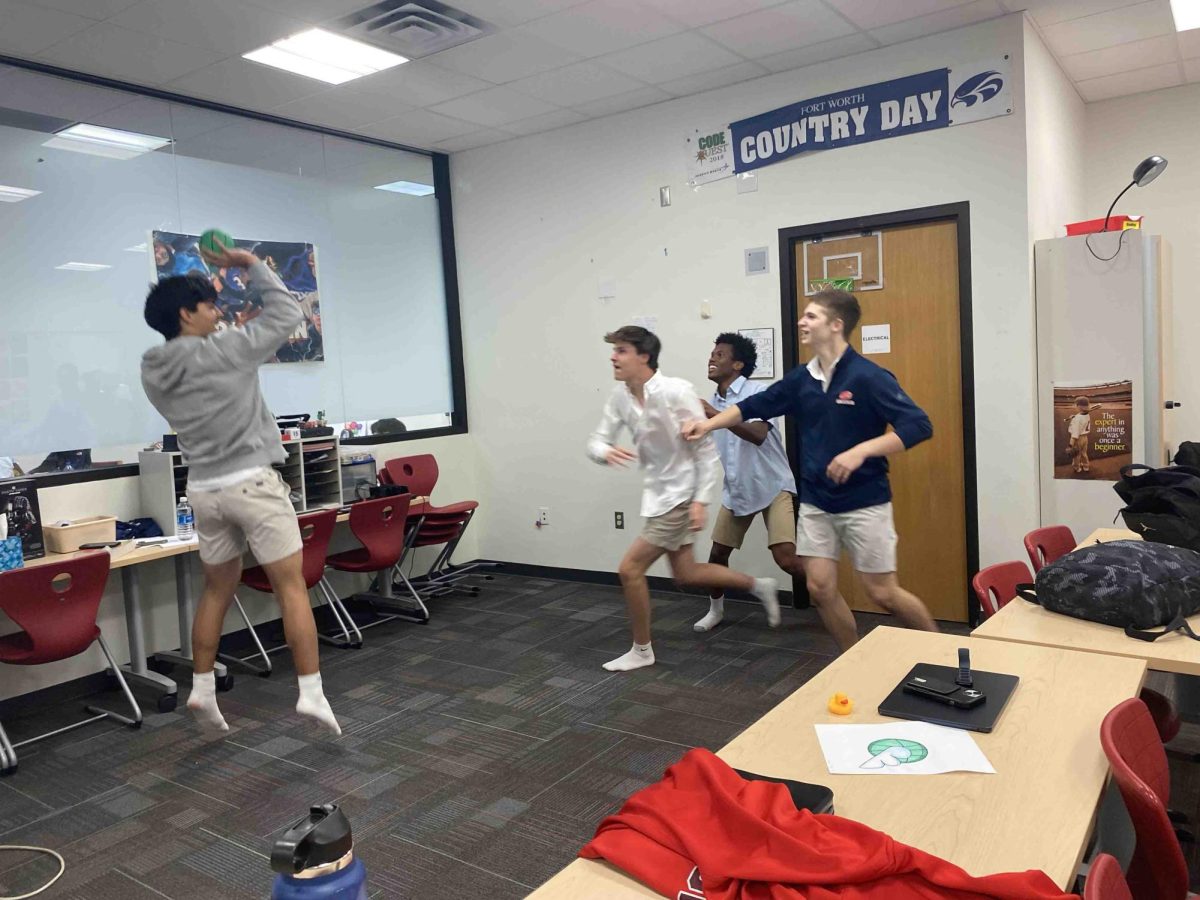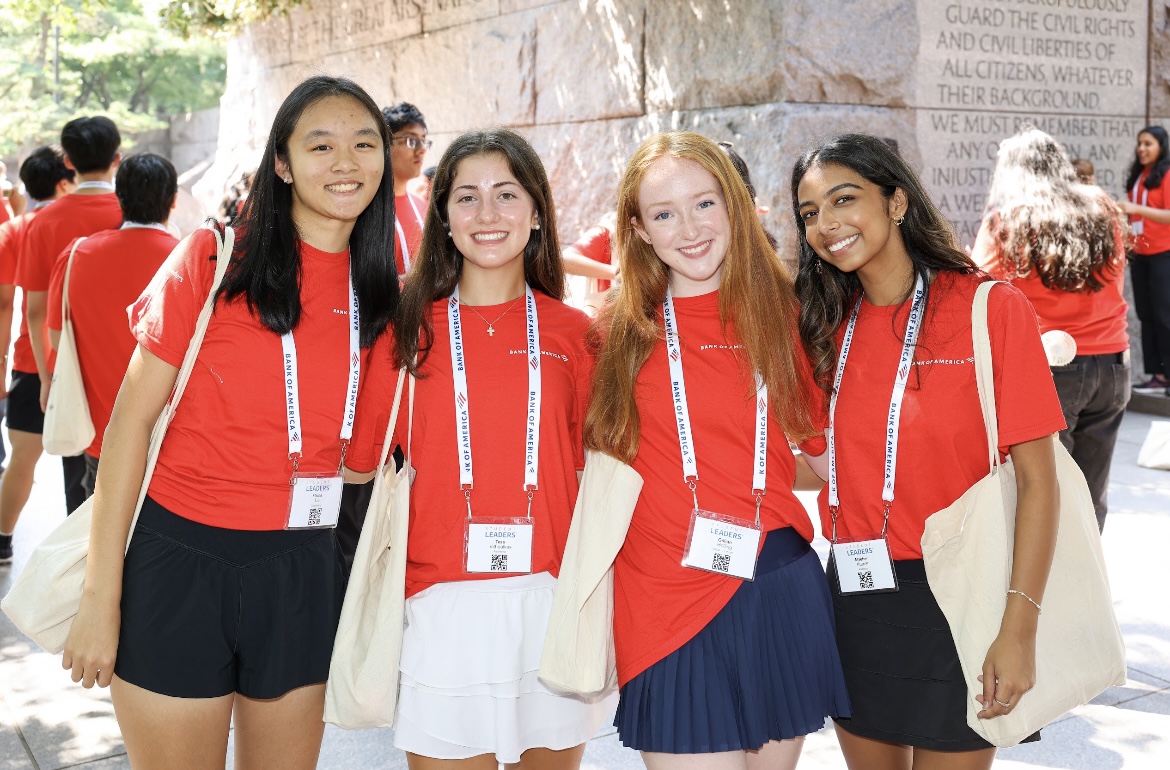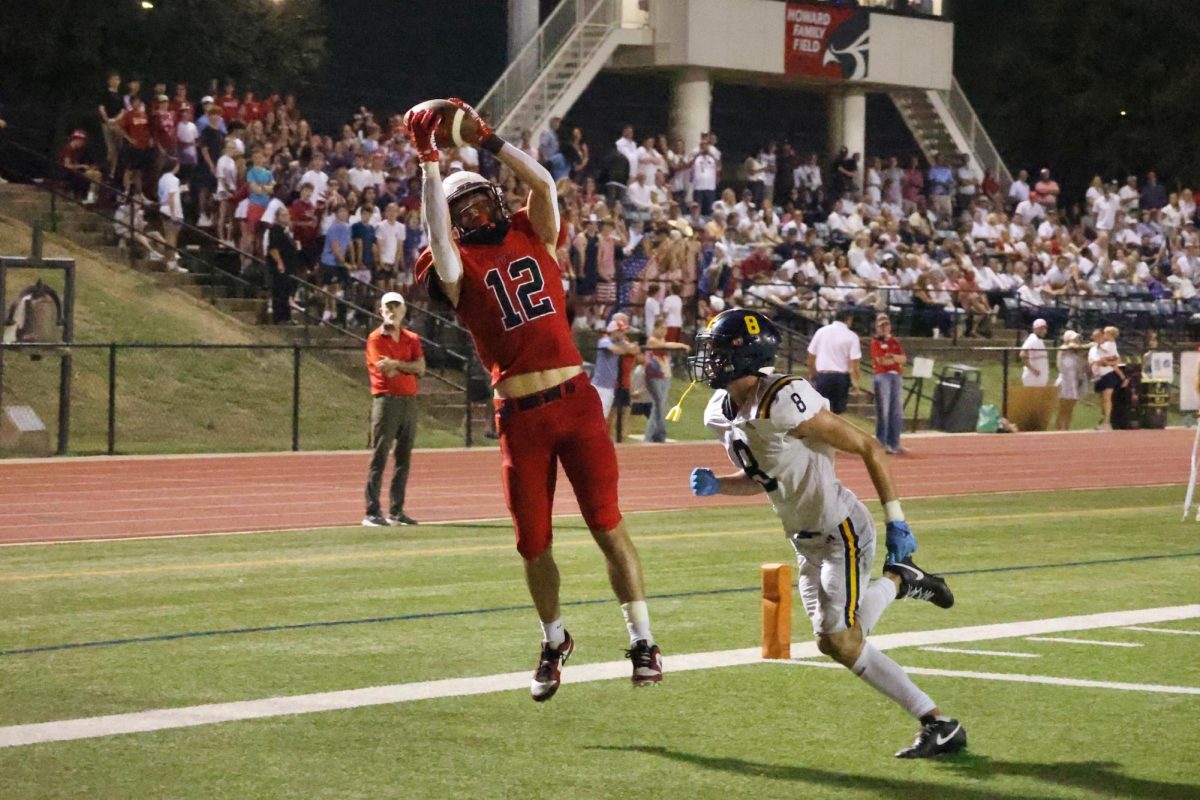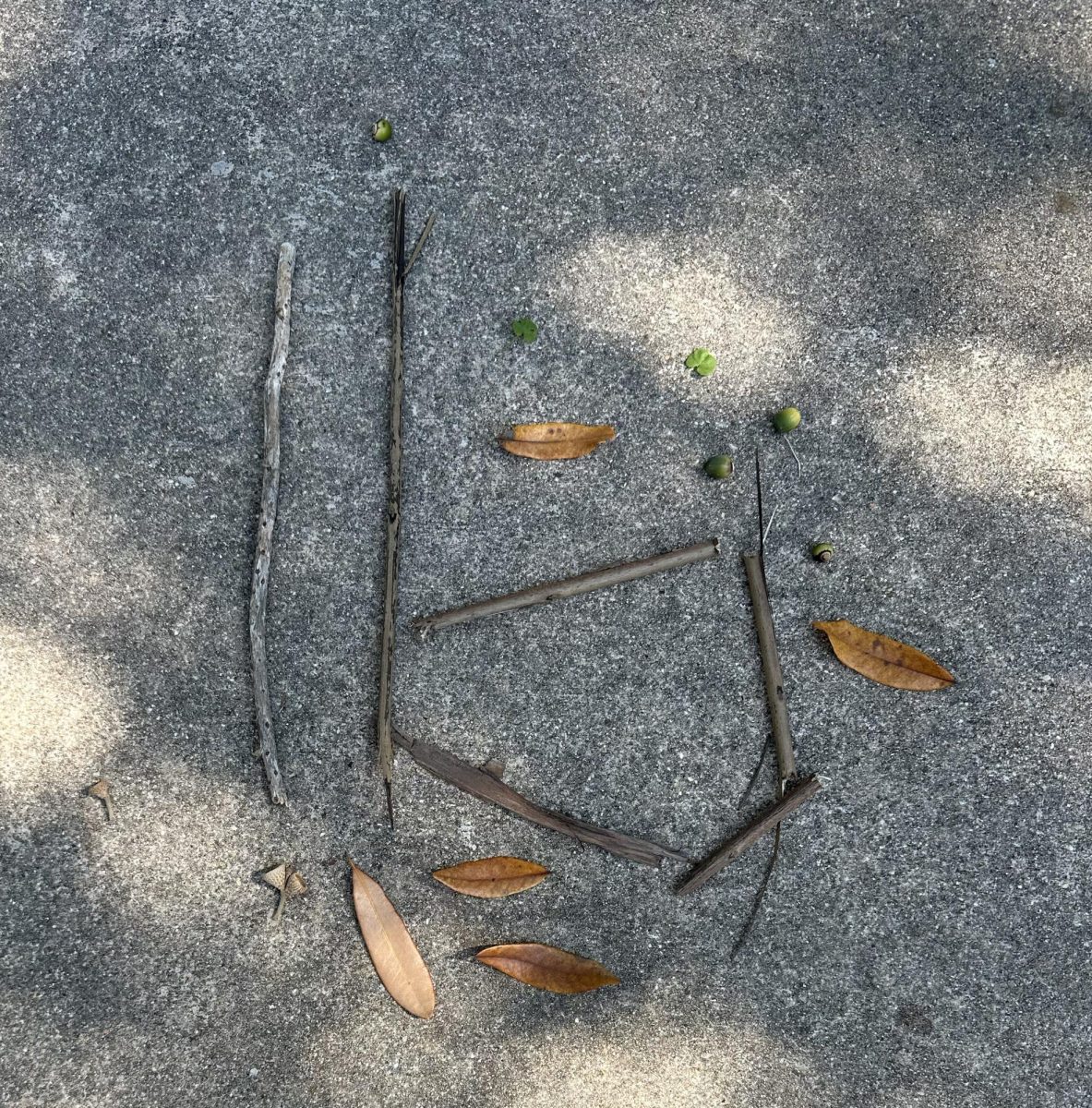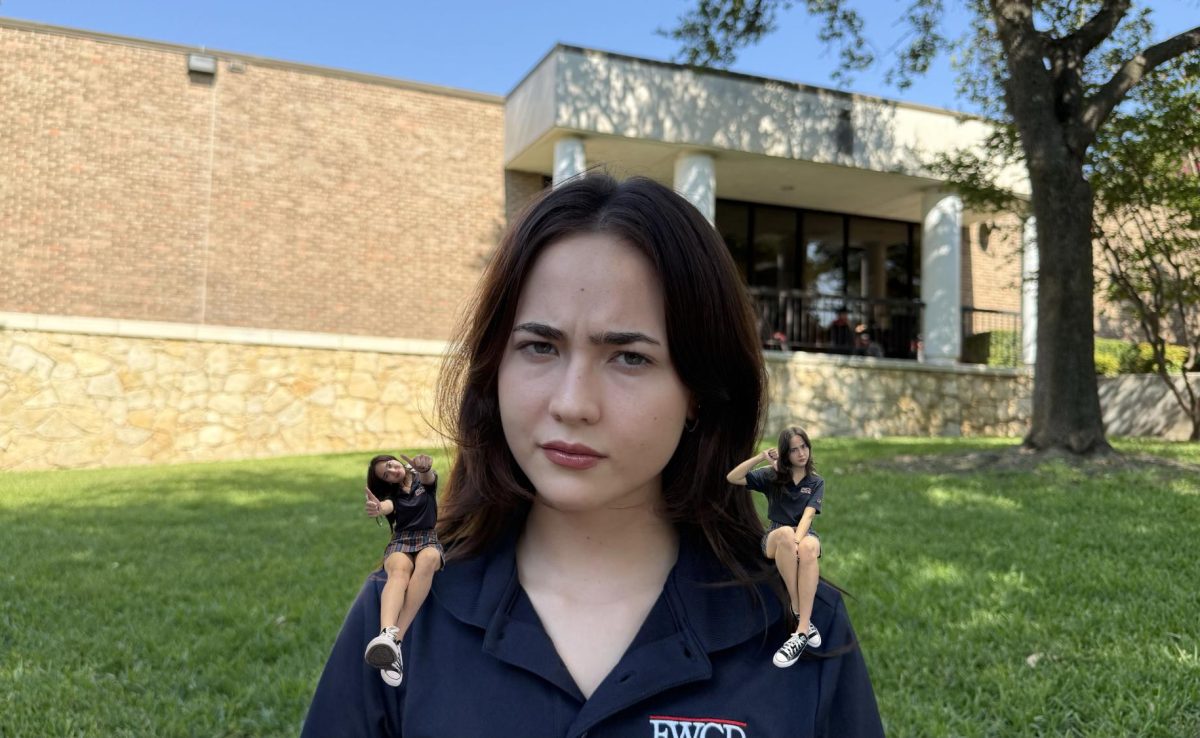I would Spend $28 million on…
Students shared how they would spend the school’s annual operating budget, which is $28 million.
Due to COVID-19, much of the budget was dedicated to protecting the students and faculty. Photo by Lisa Wallace.
February 9, 2021
Fort Worth Country Day’s annual operating budget is $28 million. Tom Mitchell, Chief Financial and Operations Officer, meets with the finance committee of the Board of Trustees in November to determine the allocation of funds for the upcoming fiscal year.
“At the meeting, we review how FWCD compares to peer group schools over various measures and set goals with respect to things like faculty/staff salaries, tuition assistance (largely funded through the endowment), and capital spending,” Mitchell said.
After re-enrollment, the committee adjusts the budget to achieve equilibrium.
The committee had to consider COVID-19 as a factor due to the pandemic. To keep the faculty and students safe, the school has spent approximately $665,000 on COVID adjacent expenses. $665,000 is about 3% of the school’s operating budget. The amount contributed to safety protocols from individual donors and the PFA increases the total expenditures closer to $800,000 for this academic year
When asked what Mitchell would do with $28 million, he said that he would donate some of his budget to church, some to take his family on a trip, and some to save for his daughters’ future college tuitions and weddings.
Additionally, many students said that they would travel or donate the money.
However, Joaquin Castro-Balbi ‘22 has a different idea. If he had $28 million, he would buy $28 million in pennies to melt down. He would then sell the metal to buyers for a profit.
“I would give some of it to COVID-19 research, pancreatic cancer research, and multiple myeloma research,” Ava Scott ‘23 said. “I would also put some in a savings account for college and donate some to the Make a Wish foundation, as well as other charities.
While many students said that they would also buy a house, Grace Bobo ‘21 said that she would build a house with secret rooms and tunnels. The home would also include a chemistry lab for experiments.
Rising Huckaby ‘24 thought beyond personal use for the money. He would address the lack of technological advancement in Africa.
“Africa has lots of free land and poorer cities that don’t use environmentally harmful infrastructure,” Huckaby said. “These places are great candidates for innovation and beginning cities with green energy in mind, which would improve the lives of many Africans in those regions.”
With the money, he would invest in companies like Zipline, which distributes blood through drones to Africa; solar energy; 3D printing of houses; and the automation of farming equipment to improve technological advancements.



